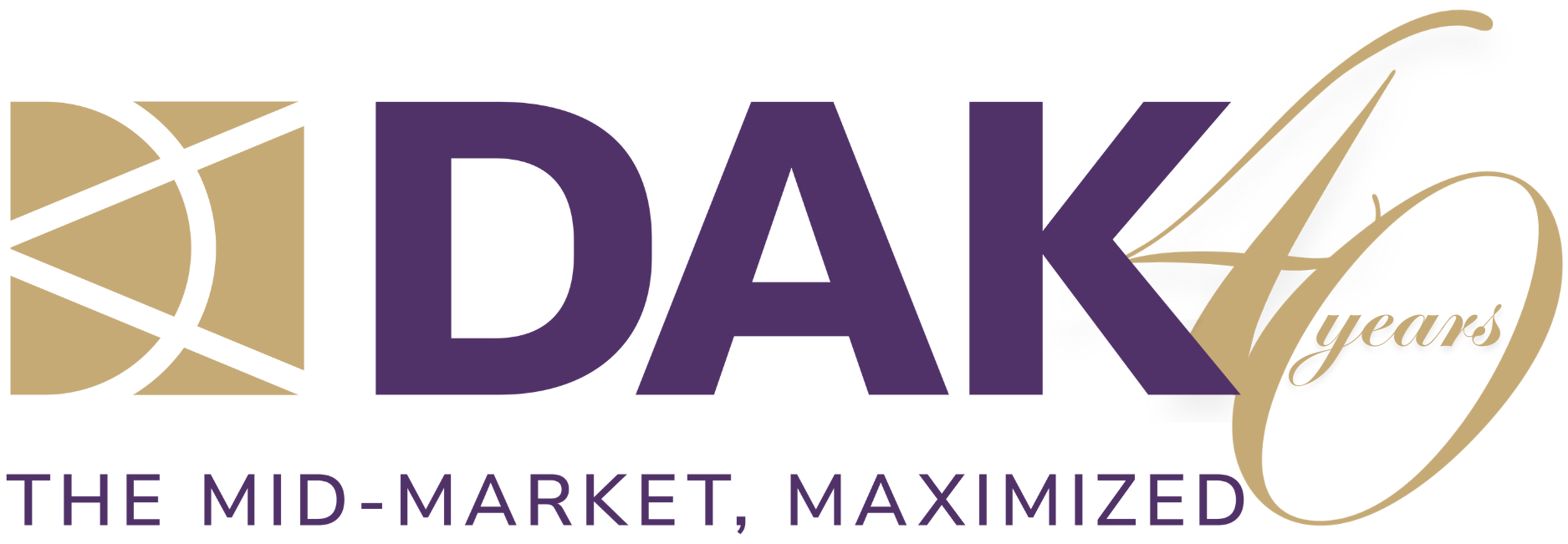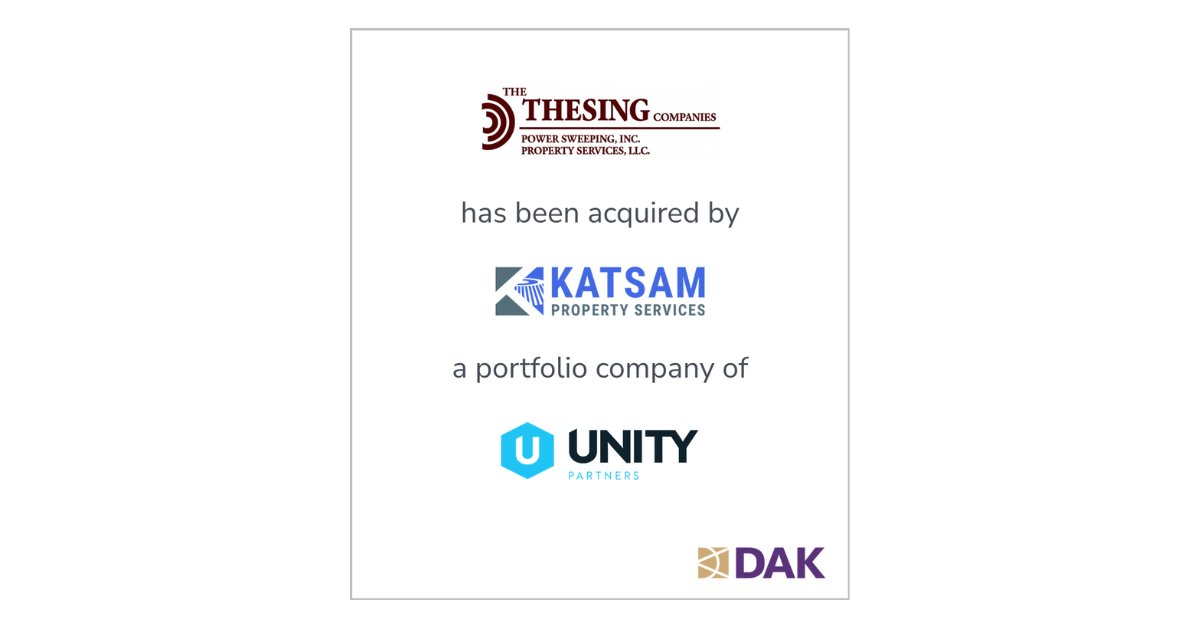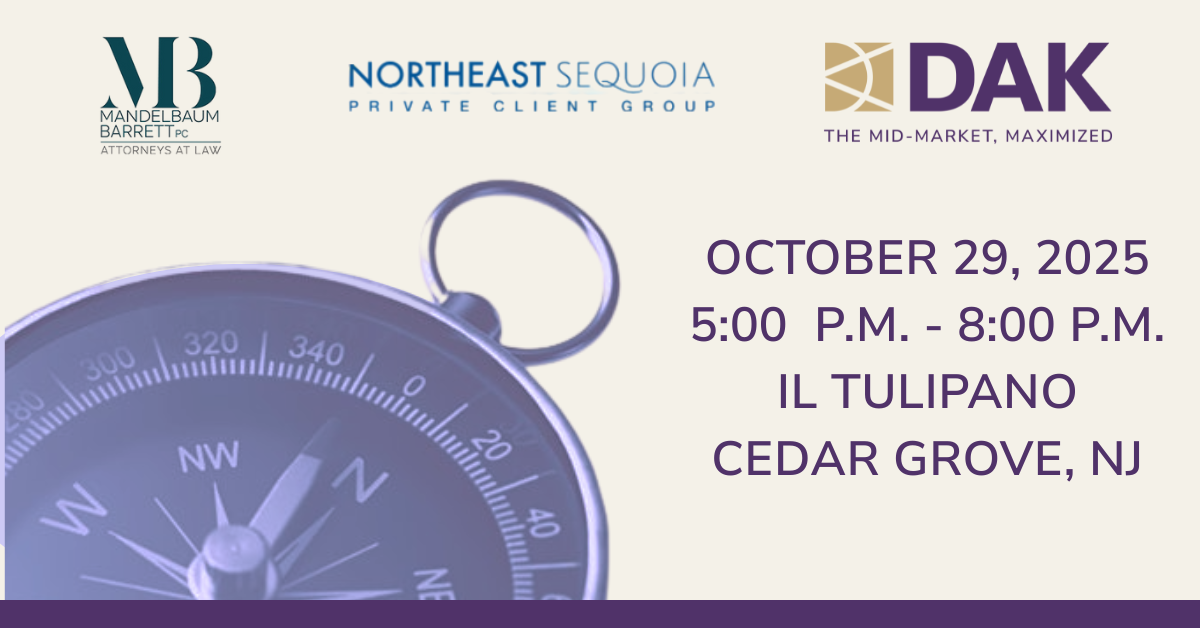The pandemic sparks use of new tools for evaluating investments
For many deal-makers, the lockdowns last spring brought business to a standstill until something remarkable happened: They found new ways to meet with clients and close deals. In this new age of reduced in-person meetings, a near stoppage of business travel and the unprecedented rise in employees working remotely, PE firms also adopted new methods of conducting the often time-consuming and most detailed part of closing a deal: due diligence.
Welcome to the age of “new diligence.” Say goodbye to extended business trips and pricey hotel stays, and say hello to virtual meet-and-greets and intensive data-sharing sessions via Zoom or Microsoft Teams. Virtual conferencing is among the technologies that became a critical enabler for nearly every business meeting during the COVID-19 pandemic, a development that still astounds some deal-makers.
“If you had told me we could close a nine-figure deal 100% via Zoom a year ago, I would have laughed at you,” says Steve Raymond, managing director of DAK, a middle-market investment bank.
Raymond and his team followed their clients’ lead and held presentations, fireside chats and due diligence sessions using the ubiquitous video tool, and they haven’t looked back.
“We happened to work with a business that was operating in a distributed environment and they pivoted very quickly in May and June of last year. That business went 100% virtual,” says Raymond.
Droning On
For investors, the due diligence process has traditionally included visiting a business looking to sell, and taking in the intangibles that a prospectus doesn’t show. Due diligence teams often visit sprawling factory floors and fulfillment centers to get a sense of the workplace, the state of the equipment, production processes and more.
Enter drones, the remote-controlled flying devices that can record high-quality videos inside a factory or hover over the outside of a building.
Kevin Manning, managing director, head of investment banking at Stout, is a drone convert. Last summer, one of the investment banking firm’s clients didn’t want people jumping on planes, walking through facilities and “spooking” employees, so Manning’s team hired a drone videographer to create a 20-minute video of the hybrid manufacturing and distribution site. The video featured understated music and narration that explained the company’s mission and its operations.
“We were able to have the COO of the facilities play and pause the video and describe everything that we’re looking at. They took different camera angles from above, from the side, everything in motion and all of the equipment working in real-time,” says Manning. “You really got a sense of what was going on in that facility, and we found that the buyers were very complimentary of that approach.”
Drone footage also improved upon the pre-pandemic practice of potential buyers or investors walking through a noisy and potentially dangerous factory floor. In that setting, asking questions can be next to impossible, due to “the noise of the machines at work, the distractions, not following what they’re speaking about because there’s forklifts and people flying around you,” Manning says. “Someone’s asking a question in the front, people in the back can’t hear or the operators themselves sometimes misinterpret the question because of the noise. This was a breath of fresh air.”
He adds that video footage can be rewound and potential investors and buyers can review certain processes that would be lost on a live tour.
The video tours can also be a selling point, says Melvyn Peters, vice president at DAK. For a sellside transaction involving a gourmet bakery company, Peters and his team honed in on specific components and processes within their bakery’s operations that also highlighted the facility’s cleanliness. The short video was professionally filmed and featured testimonials from management and employees.
“Not to give away the secret sauce here, but the company also decided to send [the video viewers] a customized basket of baked goods so they could eat while watching the video and then have a virtual fireside chat and management meeting that would have been in-person before the pandemic,” says Peters.
Some investors opted for a more down-to-Earth virtual tour during their due diligence. While evaluating a network of nursing homes, Liddy Karter, managing partner of middle-market investment firm Mizzen Capital, took a virtual tour of the facility to interact with staffers and residents via an executive’s smartphone. “The manager of the nursing home took us around virtually, essentially using their phone to connect us with those people, and even one of the residents who was in his room,” she recalls. “He was willing to talk to us through FaceTime, so that was good. It wasn’t perfect, but it was pretty good.”
Not every investor is sold on virtual meetings. “If we had our druthers, I think we would have liked to wait until later in the year in order to have an in-person meeting with a larger group without the need to wear masks, sit six feet apart, etc., but the sellers had a timeline that they were working toward and it was an opportunity that we didn’t want to miss out on,” says Jonathan Pressnell, partner at Blue Point Capital Partners, a middle-market investment firm.
“Personally, I think I have a new appreciation for the in-person, casual-social interactions that happen during a deal. The amount of qualitative information we get about teams and individuals during those types of meetings is invaluable, and I think we really had to work hard to replicate and supplement those types of interactions,” he adds.
Measuring corporate culture
One of the biggest challenges during the due diligence process remains measuring corporate culture.
Although potential buyers ask for data on employee retention and turnover, workplace injuries, workers’ compensation claims and employee salaries, getting the feel of an office or factory floor cannot be found in the cells of a spreadsheet.
The pandemic has made it harder to gather that intelligence. “One of the things I usually like to do when I go into a factory is get a sense of employee happiness and morale. And you go to the bathroom and see if there’s a lot of nasty graffiti, or if it’s really a happy place, and doing that remotely is hard,” says Mizzen Capital’s Karter.
She and her team now check Glassdoor, Reddit and Facebook forums for employee reviews and comments. “In some ways, people are more honest online,” she says.
DAK’s Peters says his due diligence teams are relying on employee surveys more than they had before the pandemic. “They find creative ways to interact and ask questions like: Do you feel valued? Do you feel that you have opportunities for advancement? When was the last time that you went out to eat or did something fun with your superiors?” says Peters.
“I think most of them paid a lot more attention to the survey, because even generally spending time on site has been difficult,” he adds. “I think that’s going to be something that probably continues, at least until everyone gets the vaccine jab.”
Even with Zoom, alternative data and drones, face-to-face meetings still have their place, says Carlos Ferreira, national managing partner for private equity services at Grant Thornton, an audit, tax and advisory firm.
“I would say for our work stream of diligence, the accounting, tax and HR work is going to stay over Zoom. I cannot see us requiring teams to travel to company locations anymore,” he says, adding that some family-owned businesses said they admired his team’s willingness to visit their offices and factories in the middle of the crisis.
“Especially when you’re dealing with middle-market companies that are family-owned and -operated, where their business is essentially their entire livelihood, that personal touch is exceptionally important.”
CLICK FOR MORE INFORMATION
CALL 201.712.9555 TO DISCUSS





